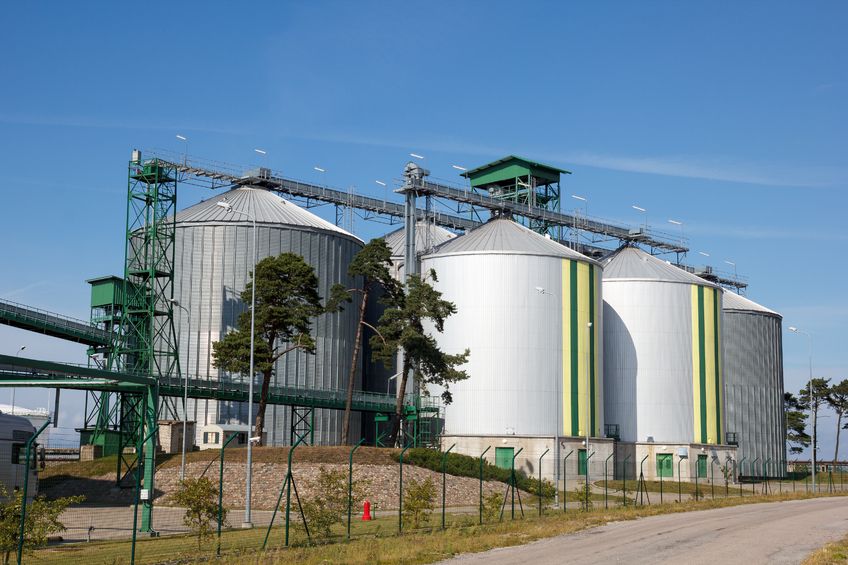A renowned university has come up with a new concept of a fuel cell. If implemented, biodiesel plants will no longer produce hazardous wastewater and be dependent on fossil fuel. Microbes are used for both gleaning ethanol and cleaning water. Ethanol can then be reincorporated into the process.
According to the researchers, glycerol is saturated in the market and so all traditional approaches for transporting wastewater to a treatment plant are associated with high fees. If this wastewater can be made non-toxic at the site by using microbes, then bioethanol can be generated with a new technique. This can serve as a replacement for methanol while eliminating the hazards associated with wastewater
The researcher told the press that patented adaptive-engineered bacteria — Geobacter sulfurreducens, serves as the foundation of the entire concept. These are microbes that are effective in the cleaning of nuclear waste and improving biofuel processes. Their nanowires or conductive pili are responsible for an electrical activity which removes toxicity from waste water.
The researcher added that they could achieve results only after spending a significant amount of time, but in the end they were successful, and so it was worth it. They finally managed to create a robust bacterium that could be paired with Geobacter. Both of them were modified and made to collaborate with each other so that all waste could be removed. The researcher also said that combined together, the appetites of these organisms for toxicity was inexhaustible.
The developed bacterium ferments waste and produces bioethanol in the process. This is a reusable substance and can be used for generating biodiesel. Geobacter eliminates waste produced during the fermentation process to produce electricity.
The entire process, formally called microbial electrolysis, takes place in MECs or cells. Electricity is not produced as an output. Instead, a small amount of it is used as input. In return, hydrogen is generated and the efficiency of the cells increases significantly.
While the lab results have been successful, the concept has yet to be transferred onto a commercial scale. The research team is working on this right now and is in the process of generating prototypes that will be capable of handling large amounts of waste. Once this is achieved, industrial units will be developed and then tested at a biodiesel plant.
Source: www.sciencedaily.com
Connect with us: Facebook – Twitter – LinkedIn – YouTube – Google +

